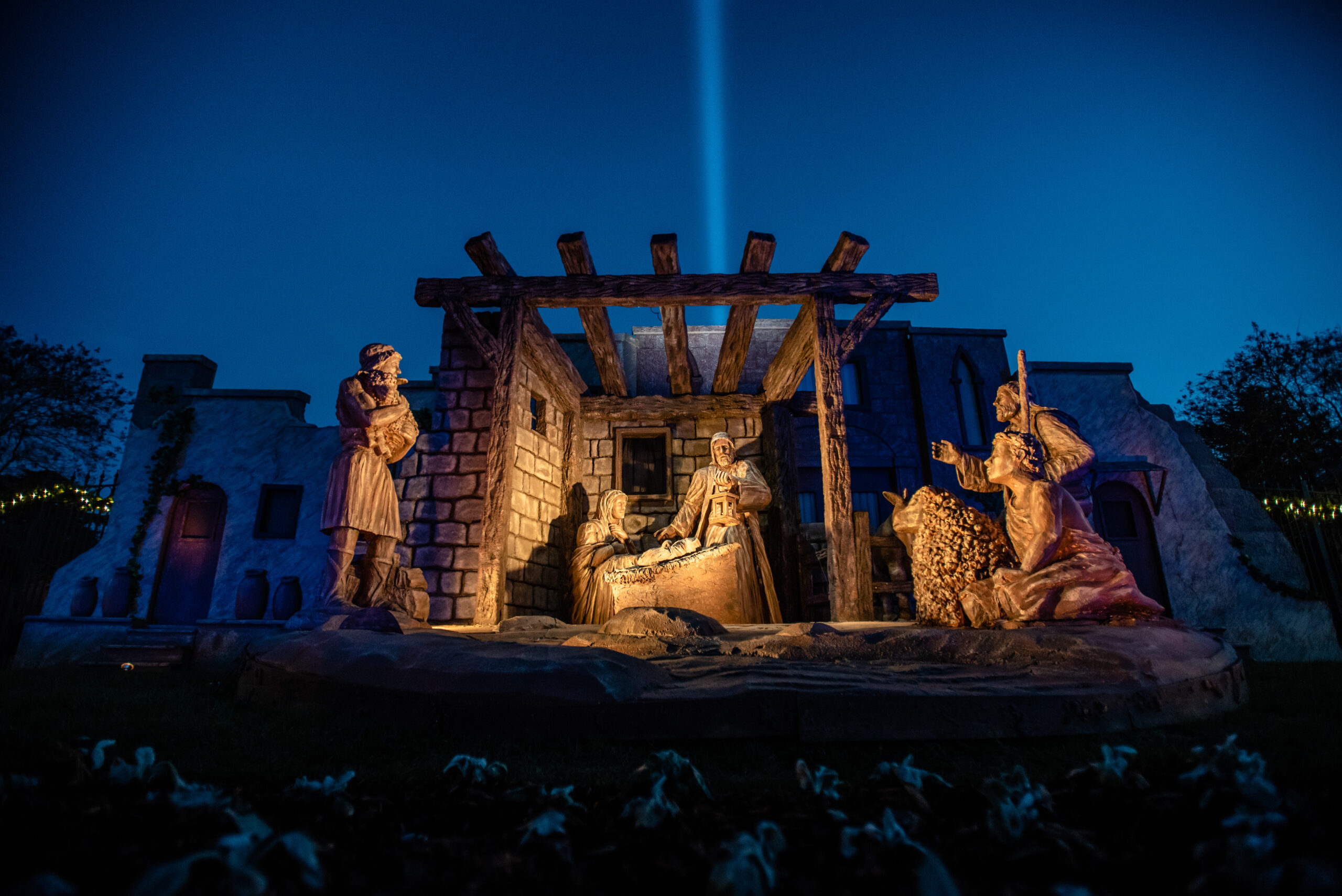
A Future Messiah? Impossible!
The scepter shall not depart from Judah,
Nor the ruler’s staff from between his feet,
Until Shiloh comes,
And to him shall be the obedience of the peoples (Gen. 49:10).
The word “Shiloh” refers to the Messiah and is similar to Isaiah’s expression, the Sar Shalom, or Prince of Peace (Isa. 9:6). This prophecy is another stroke in the developing portrait of the Messiah in the Hebrew Scriptures. For centuries Jewish people looked for the Promised One to come from the tribe of Judah. Of Jacob’s 12 sons, Judah was chosen as the one through whom the Messiah would come. Then the genealogy was narrowed again when a specific town within Judah, Bethlehem, was chosen as the site of Messiah’s birth (Micah 5:2).
Anyone claiming to be the Messiah must present those credentials, and Jesus possessed all of them. In Matthew 1:1–16, the genealogy of Jesus clearly shows Him as one who qualifies to be the Messiah. The account in Matthew 2:1–10 of the birth of Jesus in Bethlehem was in accordance with Micah 5:2. Jesus presented to Israel as their Messiah these and many more credentials.
Could a Jewish person appear in the future who would have these same credentials and be Israel’s Messiah? No, he could not, because there are no records available to substantiate such a claim. When the Romans destroyed Jerusalem in 70 A.D., the temple, with all of its archives and tribal genealogies, was completely destroyed, as well. Since that day, no Jewish person has been able to prove by written records his or her ancient genealogy.
When I was doing graduate work at a Jewish college in Philadelphia, I was privileged to study under an Orthodox Jewish professor with a PhD from Harvard University. About halfway through the year, the subject was “The Messiah in Medieval Judaism.” My professor, knowing my evangelical convictions, said, “Well, Mr. Varner, I guess you’ve been waiting for this week for quite a while. Let me explain one thing. In my opinion, Christianity is totally irrational and highly mystical, and I cannot see how any thinking person can believe it.”
Since she threw down the gauntlet, I decided to pick it up and accept the challenge. I answered, “Can I take a few minutes and share with you the reasons why I believe the Christian faith has solid reasons for its validity?” For the next half hour she allowed me to make my case for the messiahship of Jesus. I mentioned each messianic prophecy and fulfillment I could bring to mind. God gave me great boldness.
I finished by telling her, “If Jesus is not the Messiah, there will be no future Messiah for Israel.” Shocked at this, she asked what I meant by such a remark. I reminded her that the genealogical records had been destroyed, and no one claiming to be the Messiah today can authenticate it by producing the records. Then my learned professor answered, “Certainly somebody somewhere has kept the records.” Even though she had no idea who or where that “somebody” was who kept the records, she expressed the hope that they someday could be produced to authenticate the claims of her future Messiah. Again she remarked, “I hope somebody has kept the records because I sure want to know Him when He comes.”
I responded, “But you know that nobody has kept the records. Jesus claimed to be the Messiah before the records were destroyed. If Jesus is not the fulfillment of the “Shiloh” passage in Genesis 49:10, the sober fact facing Israel is that there never will be anyone who can prove that he fulfills the prophecies of Messiah’s royal lineage. But there is one who meets all these qualifications — the Lion of Judah who is also the Lamb slain to redeem Jews and Gentiles from sin’s bondage.” Christians read the contrast of a Lion and a Lamb powerfully expressed in Revelation 5:5–10.
As odd as it may sound, on that first Christmas night a Lion roared and a Lamb bleated!
As discussed by Will Varner at the 2022 Stewart Custer Lecture Series, and on The Steve Noble Show on December 22
